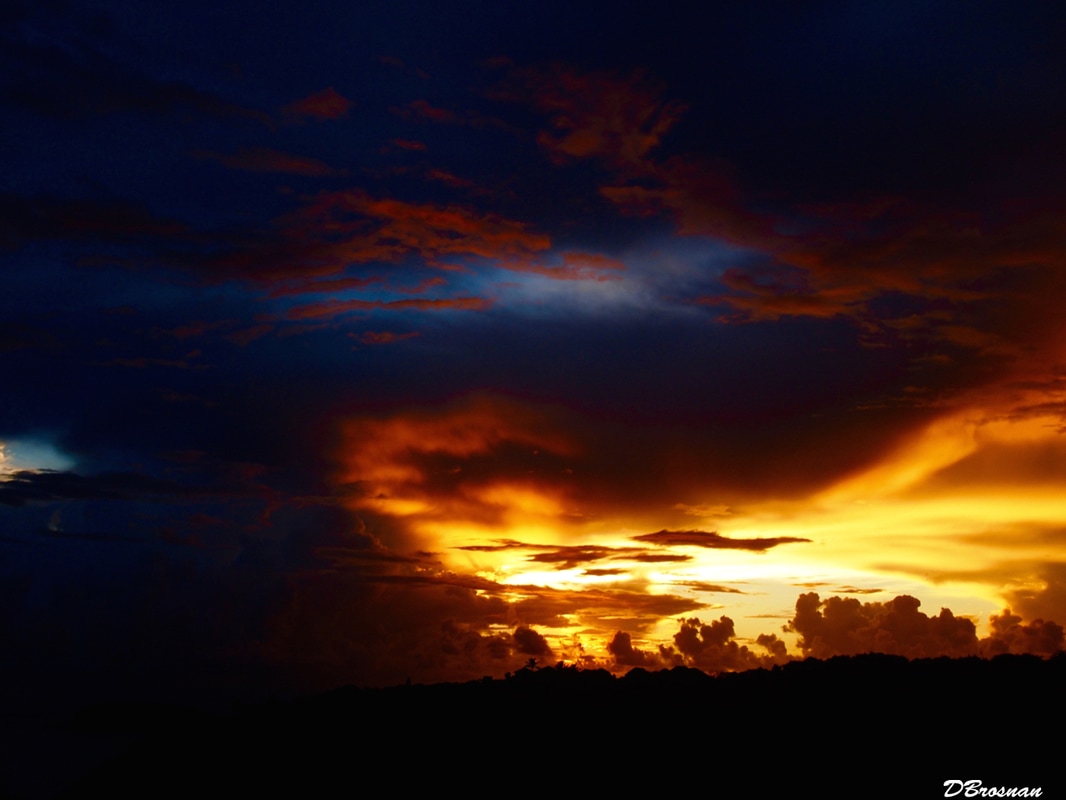|
Like many, I feel like a small item in the washing machine of change being churned around in a fast and vigorous cycle, uncertain whether I will make it through or end up as the lost sock. Anchors are hard to find. Friday’s presidential inauguration makes unprecedented uncertainty official. But the event is only part of a disorientating journey that communities have been on for decades.
As humans we need anchors. As change accelerates, familiarity disappears. Not long ago a cloud was a fluffy heart-shape in the sky. Today it is the unseen source of all data and knowledge that is everywhere and nowhere at once. Science is one of our strongest and most steadfast anchors. Unique among all sources of information, its knowledge and facts are available and the same to everyone regardless of political beliefs or values. Science is one of humanity’s highest achievements because it is based on the acknowledgement that humans have biases and values. Its methodologies are designed to remove these biases in order to provide the most objective and independent knowledge. Scientists constantly evaluate each others’ work, questioning the rigor of the methods, the strength of evidence in conclusions, and looking for articulation of uncertainty. They do so to ensure the standard of knowledge. We have relied and trusted this process for decades and rarely has it let us down. When some American rivers were so polluted that they caught fire, science provided the answers for clean up that helped their communities. Rigorous scientific review prevented thalidomide from entering the US market as a treatment for pregnant women suffering from morning-sickness. Millions of babies were saved from the horrific defects suffered by European children where the drug was permitted. Thalidomide-era babies are now the age of many representatives in congress. Science does not make moral choices but it gives each of us, and our institutions, the information on which to base and evaluate moral dilemmas. Paradoxically, denying science takes away the foundation for individual and societal values. Today we see efforts to fray away the ropes of science. Yet, what parent wants to take an ill child to the emergency room and be treated by a person in a white coat who professes to be skeptical of science-based medicine, not trained in the profession, but completely confident that they can save the child? But if science is an anchor, it is largely invisible and misunderstood. I have been fortunate to apply my science around the world, among the highly educated and in places where high-school education is still a rarity given to few. I am always humbled by the privilege afforded me, aware of the thirst for information that people seek in times of distress, and cognizant of the responsibility I bear. The reality is that most people aren’t scientists and haven’t spent years immersed in science’s nuances and methods. And no one makes a decision on science alone. We balance our needs and beliefs and we do the best we can. Today as our world feels upended, we are more uncertain about the actions that match our values or whether we are doing the “best we can”. As it has done in many areas from environment and human health to national security, scientific knowledge can help us navigate these times and evaluate whether our choices align with our values and our desire to do the best for our children and communities. We are entering unchartered and turbulent waters. Science will continue to be challenged. Good scientists are needed as compassionate conduits for evidence-based knowledge – the antidote to the fear and divisions that are the dark shadow of change. Without science, societies’ morality and future are threatened. Friday is the inauguration of a new era including for scientists who must be part of America’s and the world’s guidance system. Reproduced kindly from Huffington Post Opinion http://www.huffingtonpost.com/entry/why-science-must-continue-after-friday_us_587e6e2ee4b0474ad4874e34?section=us_science
0 Comments
Leave a Reply. |
AuthorDeborah Brosnan Archives
December 2019
|


 RSS Feed
RSS Feed